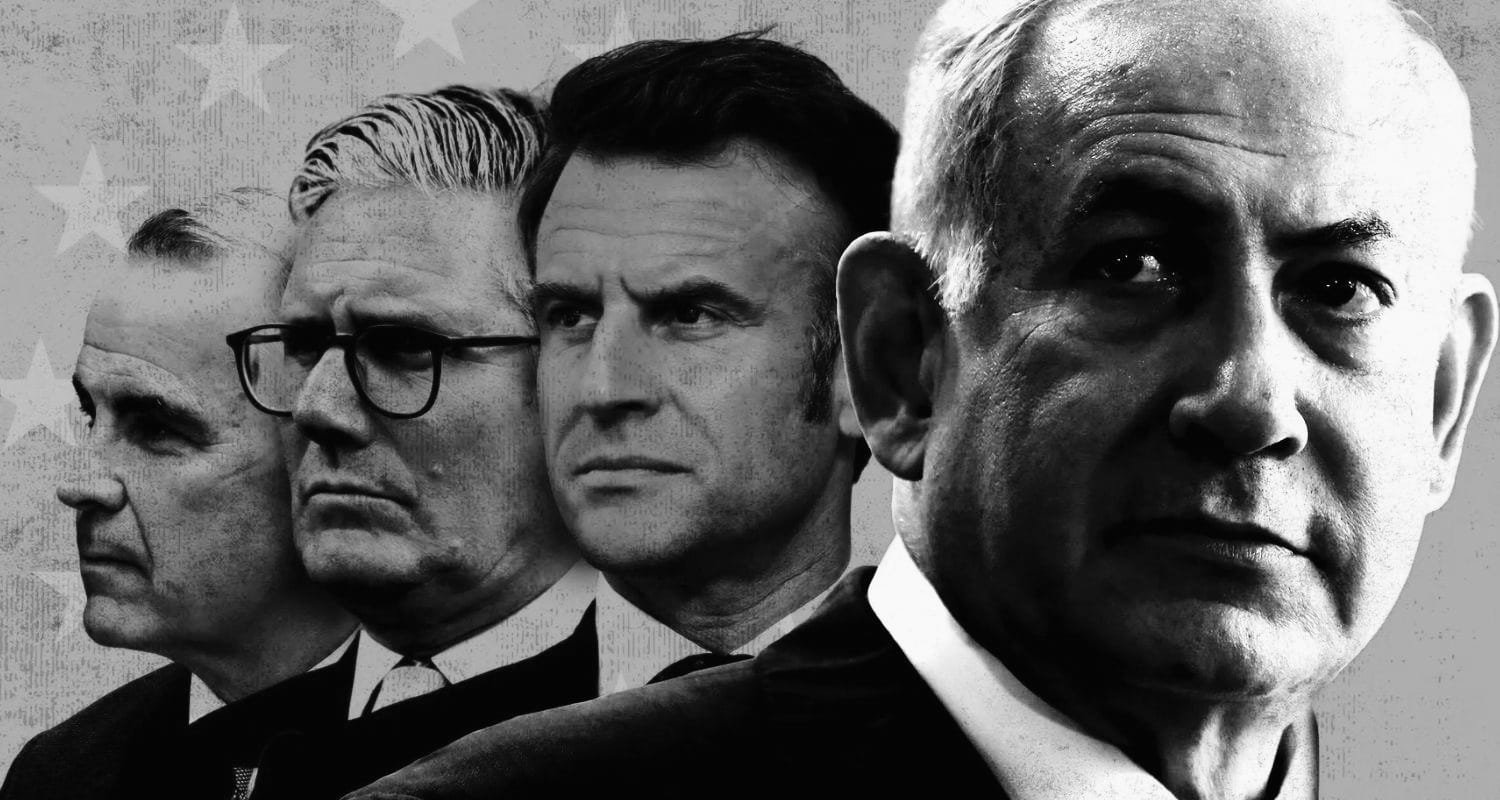European threats of sanctions against Israel following recent military actions in the Middle East have drawn headlines, but analysts argue that such measures are unlikely to materialize in any meaningful way. Despite strong rhetoric and symbolic moves from some European capitals, Israel’s entrenched defense partnerships with EU states make sanctions both politically difficult and strategically impractical.
At the center of the issue is Israel’s role as a major global defense supplier. Ranked eighth worldwide in arms exports, Israel reported a record $14.7 billion in defense sales in 2023, with nearly 35 percent of those exports destined for Europe. Deals such as Germany’s $3.5 billion purchase of the Arrow-3 missile defense system are not only financially significant but also represent long-term, structural partnerships that serve as a shield against sanctions. Once signed, such contracts bind governments and militaries together for decades, ensuring continuity of cooperation regardless of political posturing.
The timing also works in Israel’s favor. With Europe scrambling to replenish and modernize its arsenals amid the war in Ukraine and growing doubts about long-term U.S. commitments, EU countries have become heavily dependent on Israeli technology. Systems such as the Iron Dome and Arrow missile defenses, advanced radar and guidance systems, drones, and electronic warfare tools are sought after because of their proven effectiveness on the battlefield. European leaders see them as indispensable for strengthening deterrence at a moment of heightened insecurity.
Against this backdrop, recent European gestures against Israel appear more symbolic than substantive. Moves by Spain, Slovenia, and the United Kingdom to suspend exhibitions or restrict certain partnerships have been dismissed by defense industry experts as largely declarative, aimed more at placating domestic political pressures, particularly from vocal Muslim and left-leaning constituencies than at changing Israel’s behavior. Moreover, Israeli firms maintain subsidiaries and partnerships within NATO countries, allowing them to bypass potential restrictions through indirect channels.
The political landscape within the EU further undermines prospects for unified action. Sharp divisions between left-leaning governments calling for accountability and right-leaning leaders emphasizing strategic ties to Israel mean consensus on sanctions is unlikely. Germany’s Christian Democratic leader Friedrich Merz and Hungary’s Prime Minister Viktor Orbán, both staunch supporters of Israel, have signaled they would oppose any measures that jeopardize defense cooperation. In Brussels, this effectively ensures that sanction efforts stall before reaching implementation.
For Israel, the backing of the United States adds another layer of protection. Washington’s influence in NATO and its own deep defense collaboration with Israel create a deterrent for European states considering punitive measures. With the U.S. and key EU allies aligned on the strategic value of Israeli technology, sanctioning Israel risks undermining Europe’s own security modernization at a time of unprecedented pressure.
The bottom line is that Europe’s dependence on Israeli defense technology and the fragmented political will within the EU leave Israel largely sanction-proof. While certain member states may issue strong statements or pursue symbolic measures, the likelihood of collective, binding sanctions that could harm Israel’s defense sector remains negligible. In the current geopolitical climate, European threats amount to little more than political theater.





